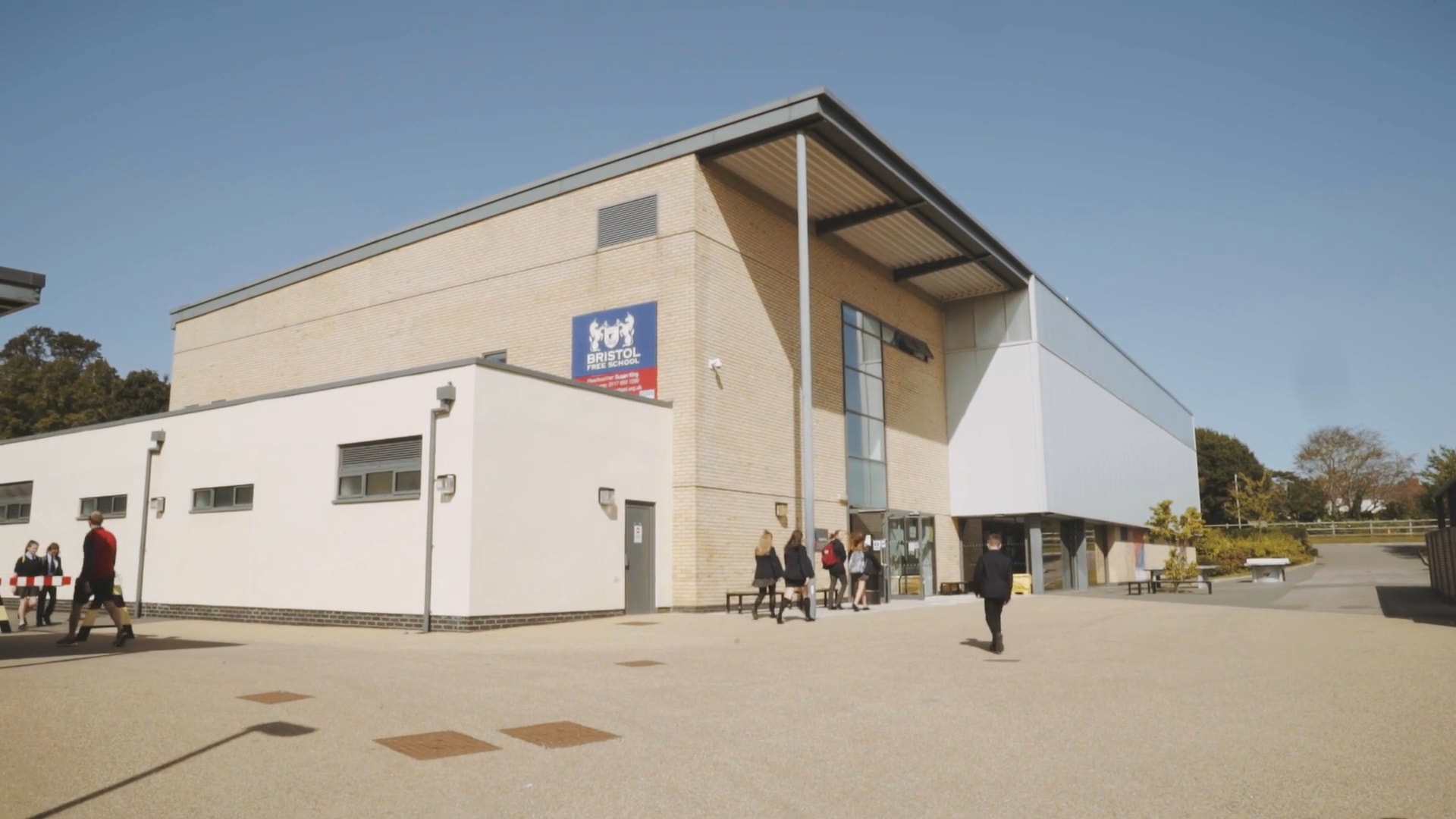
Students will complete a series of small practical tasks covering each material area to reinforce knowledge and experience different manufacture and joining techniques and equipment.
Areas of core technical knowledge covered are the properties of textiles, plastic and metals; along with scales of manufacture and sustainability.
Students will have fortnightly retrieval quizzes covering core technical knowledge. Extended written tasks and maths based questions are set each fortnight. End of unit assessments are set on completion of each project.
Students will complete an in depth study of timbers covering origins and sources, their working properties and commercial manufacture. Students will develop their understanding of CAD CAM by using the software package 2D Design and the laser cutter. Students will apply their knowledge to design and manufacture a laminated timber clock for a chosen client.
Students will have fortnightly retrieval quizzes covering core technical knowledge. Extended written tasks and maths based questions are set each fortnight. End of unit assessments are set on completion of each project.
Students will apply different design strategies to redesign a toothbrush handle to meet the needs of users with dexterity and visual difficulties. Students will investigate ergonomic factors through the use of anthropmetric data and product graphs to display findings. Smart materials will be research to improve product functionality.
Students will have fortnightly retrieval quizzes covering core technical knowledge. Extended written tasks and maths based questions are set each fortnight. End of unit assessments are set on completion of each project.
Students will complete a series of small focused projects to apply technical knowledge. These projects will include:- Levers & Cams; Sustainability; Electronic systems; Energy storage and generation and applied maths.
Students will have fortnightly retrieval quizzes covering core technical knowledge. Extended written tasks and maths based questions are set each fortnight. End of unit assessments are set on completion of each project.
Students will complete a mock NEA (non-exam assessment) by entering the national competition called ‘Product in a tin’. This projects allows students to experience the iterative process to develop an understanding of the content of a NEA including,
• Research
• Design Brief/Specification
• Design
• Make
• Evaluate/Modify
Students will have fortnightly retrieval quizzes covering core technical knowledge. Extended written tasks and maths based questions are set each fortnight. End of unit assessments are set on completion of each project.
On the 1st of June, AQA publishes the contextual challenge for the NEA. Students will begin to investigate their own project brief and complete the first iterative cycle of explore, create and evaluate.
Students will have fortnightly retrieval quizzes covering core technical knowledge. Extended written tasks and maths based questions are set each fortnight. Each week students will have a double lesson on their NEA and a single on their technical knowledge revision.